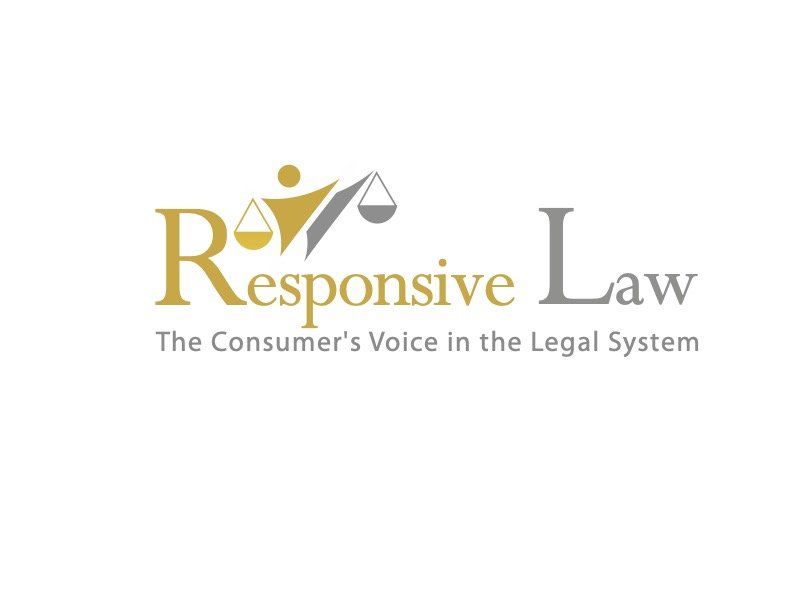Is the US at a tipping point?
Crispin Passmore • October 10, 2019
Will lawyer resistance win the day?

I have blogged before (here
and here) about the moves in 2019 for re-regulation of lawyers in the United States. California and Utah have made the running this summer, with Arizona and New Mexico alongside them and now Illinois taking up the challenge. New York, are you out there?
For readers outside of the US it is worth reminding that regulation of legal services and lawyers (and they are increasingly recognised as different things) is a matter reserved to the States and broadly under the control or supervision of each State’s Supreme Court. Regulation is usually delegated to State Bars – hence we have regimes across the US that are heavily protectionist. As with other professions, competitive forces that are usual across most of our economy are inhibited in the name of consumer protection and the public interest. It is utterly convincing unless you stop to think. (As an aside, I often wonder if it ever strikes some of the legal profession how lucky they are that the public interest just happens to align with their economic interests.)
We now see evidence (1, 2, 3, 4, 5
- I could go on but you get the picture) emerging state by state that replicates what legal needs surveys pioneered in the UK by Professor Dame Hazel Genn
and taken to a whole new level by Professor Pascoe Pleasance
have shown in the UK and far beyond over the last 20 years. The poor, the middle class or ordinary citizens, micro and small business just don’t get access to the legal services they need. Legal rights and the rule of law mean nothing if only the rich can afford to understand, let alone use and enforce rights. That most lawyers cannot afford their own services should be a cause of professional disgrace rather than protectionist frenzy.
It is less than ten years since I was introduced at a conference of the German Bar as ‘here to talk about the English disease’. Yet the symptoms of that disease, namely non-lawyer ownership; fee sharing; ABS; MDPs; private equity; floated or listed law firms; alternative providers and flexible lawyering have all become the norm. These new legal businesses are operating across much of the world despite protectionist rules: capital seeps through cracks and corporate Europe or America is too big a beast for self-interested bars to take on. Law firms’ corporate clients are already buying in the alternative market so we might as well bring those legal business into the regulatory eco-system and regulate them properly and proportionately. Alternative providers that I speak to would welcome that.
But small businesses and the rest of us don’t have the economic power to shape the market in the way that corporate clients do. So, we don’t get access to new providers. Our voice is not heard above the din of public comment and consultation where lawyers dominate and wield private influence. That is why the research and evidence of legal need is so crucial. And for a profession focused on evidence and truth it is remarkable how little that evidence is considered by those against reform.
In Illinois the new task force website recounts that, “In short, we are experiencing a market failure in the market for consumer legal services. Because the legal market is shaped in large part by our Rules of Professional Conduct, we have an opportunity to take a fresh look at these Rules to spark innovation in the consumer legal market, promote the sustainable practice of law, and better serve people who need legal help.”
There is ample evidence that reform does not end civilisation despite what opponents say. (Anyone that thinks I am overplaying the rhetoric of opponents to reform should dip into the public comments
received by the California Task Force). In England & Wales it may not have solved the access to justice problem for the poorest in one swoop, but it is driving better customer service and complaints handling, increasing innovation and allowing lawyers the freedom to think differently. Evaluation
shows reform has been effective. And the UK started from a much more liberal place than the US does as it approaches reform. Our unregulated legal market is already of similar and probably larger size than our regulated market. Even a part of that liberalisation might produce disproportionate gains in the US. I say more about the experience in England & Wales in my submission
to the California Task Force.
As I have taken part in some of the discussion around US reform this year it is noticeable how much they echo those here in England & Wales. I have even heard arguments that there is no evidence that competition is a good thing in an economy. Competition is the core organising principle of our economies in the UK and the US. The US Courts (National Society of Professional Engineers v United States, 435 US 679,695 (1978) note that the antitrust laws reflect “a legislative judgement that ultimately competition will produce not only lower prices, but also better goods and services . . . . The assumption that competition is the best method of allocating resources in a free market recognizes that all elements of a bargain – quality, services, safety, and durability – and not just the immediate cost, are favourably affected by the free opportunity to select among alternative offers.”
Let us be clear, re-regulation is not about neo-liberal removal of all regulation. That has not happened in the UK and no-one is seriously advocating that in the US. The argument is about having a properly regulated legal market where unjustified economic restrictions are removed but ethical rules are retained and cast more widely, over more services. In the UK, consumer protection and antitrust laws are much stronger now than when our models of legal regulation were first designed. We simply cannot justify the economic rules that restrict how legal services are delivered and probably we never could.
The Federal Trade Commission and Department of Justice have tried hard to be restraining influences on US lawyers’ protectionist tendencies over a long period. They have engaged with State Bars when they seek to put in new rules that tried to block consumer facing websites that match or refer the public to lawyers. And they have regularly advocated over the definition of the unauthorised practice of law. One must assume that they are directly engaged with US States now considering reform to offer their support and guidance – if they are not then reformers in the US should be knocking on their doors asking for expert advice. The UK’s Competition & Markets Authority was an important voice
and source of support for regulators seeking to drive change, not only because of their broader experience and expertise but also because of their distance and neutrality from day to day relationships.
So back to Illinois. What is it proposing? A new task force
is in place to look at re-regulation. You can see ideas such as allowing some referral fees or fee sharing, permitting non lawyer ownership and multi-disciplinary practices, and rolling back the unauthorised practice of law to facilitate new delivery models, particularly from technology/low cost providers. It really is a radical step forward.
To recap, this follows California, Utah and Arizona making similarly radical moves forward. Just last week Arizona launched its public report. Not far off 20% of public comment in the Californian consultation exercise supported reform (that is rough and ready – a full breakdown is available). That might not sound like much support, but it feels about 19% more than we ever got in reforming the England & Wales market! Seriously, the opposition is actually quite insignificant - my rough calculation is that less than 1% of California attorney’s thought this a big enough threat to respond. That echoes my experience that most lawyers are happy to embrace reform, confident that they can compete and thrive in a growing market. UK regulated firms are getting in on the act and pointing out that if they can operate safely here then why not in the US? Similarly, the absurdity of a firm like Rocket Lawyer, based in California, employing solicitors to deliver ethical legal services safely in the UK with high satisfaction rates, yet shackled in the US by rules that look prehistoric to any rational and neutral observer is quite staggering to those tackling life’s everyday problems for them and their small businesses.
Chicago Bar Foundation Executive Director Bob Glaves said in launching the task force that: “Some out there view it as a threat to the profession to even consider regulatory reform of how the market is regulated. However, the real threat is doing nothing in the face of the reality that most people who need or would benefit from the help of a lawyer aren’t getting it.”
This month I am off to Utah and then California. I hope to learn more about their plans to reform and re-regulate their legal markets and professions and offer them some insights from England & Wales. I will suggest that the involvement of economists helps public policy makers design appropriate regulatory systems. I will point to the evidence of unmet legal need among small business and how it needs to be put on a par with that of individual consumers. I will suggest they be wary that tech providers do not just seek to drag the UPL boundary out around them and no further. I will talk about the need to change the way regulation works in practice – it is about how you supervise and identify poor ethical behaviour rather than how you write rules. I will tell them the evidence from England & Wales is that reform will deliver tangible benefits.
So is this a tipping point? Not yet I suspect. Lawyer resistance is substantial and it will take some skill and nerve to pilot reform and convince lawyers that the risks to them are small and the benefits to the public huge. Lest anyone reads this and thinks that I am anti-lawyer let me be explicit. Lawyers changes lives: they protect fundamental rights and help us all manage ever more complicated personal and business relationships including those that escalate into disputes. The reforms the US is embarking upon will likely lead to more lawyers offering more services in more ways. That is good for lawyers, good for the public and good for our economy and society. What’s not to like?

The Legal Tech Fund ran the best event for innovators int he legal market that I have found. TLTF 2023 was a a great opportunity to learn new things but best of all were the connections made and friends seen. These enabled new discussions and deeper debates about technology, capital deployment and liberalisation. TLTF 2024 is just one year away - I'm already excited.









